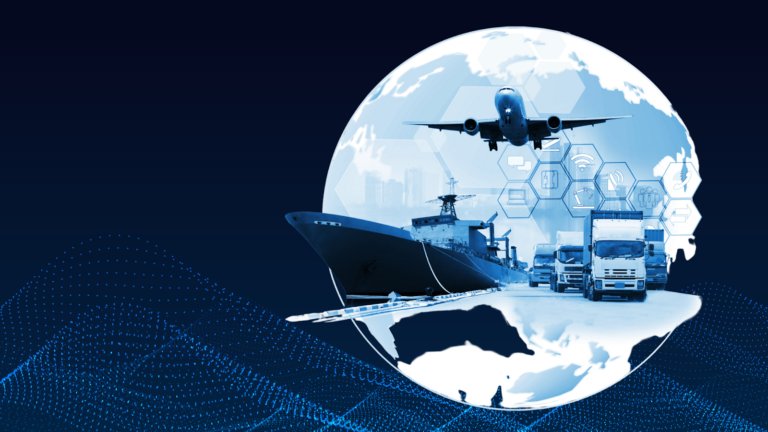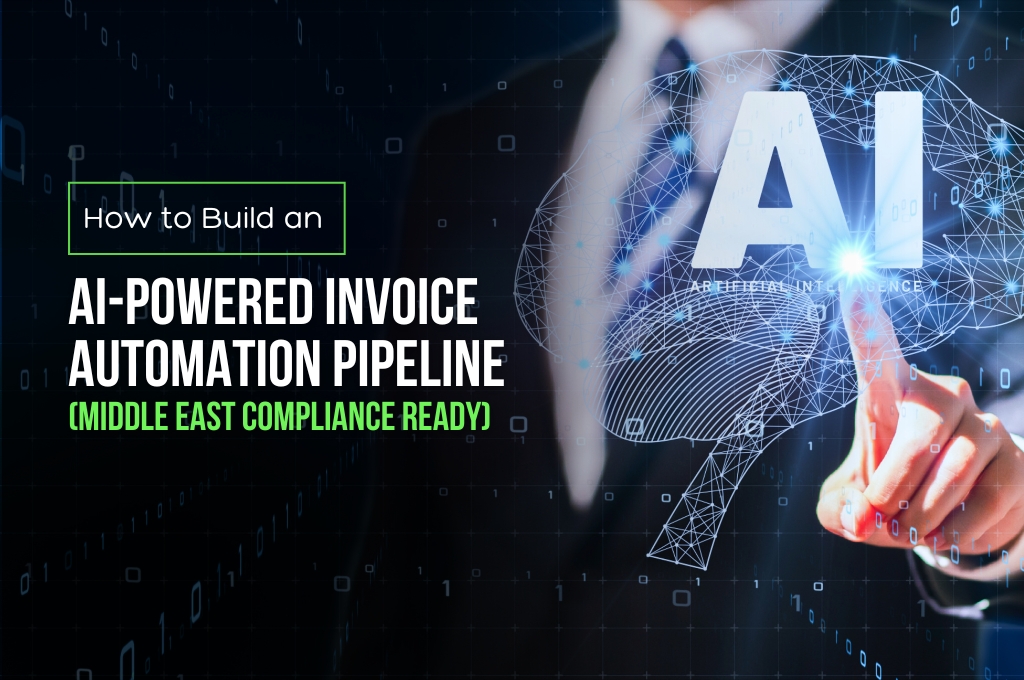In today’s dynamic world of logistics and supply chain management, efficiency, accuracy, and adaptability are paramount. From inventory management to transportation logistics, the seamless coordination and optimization of processes are crucial for ensuring smooth operations and timely delivery of goods.
Today, the integration of Robotic Process Automation (RPA) and Artificial Intelligence (AI) insights is revolutionizing how logistics and supply chain operations are managed and optimized.
The Role of RPA in Logistics & Supply Chain Management
RPA, a transformative technology, automates repetitive, rule-based tasks, streamlining operations and reducing costs. By combining RPA and AI insights, logistics firms can achieve unprecedented levels of efficiency and optimization. RPA automates routine tasks such as data entry, order processing, and invoice generation, reducing manual errors and accelerating cycle times.
Leveraging AI Insights for Predictive Analytics
AI harnesses advanced algorithms to analyze extensive datasets and produce actionable insights. Through AI-powered predictive analytics, logistics firms can forecast demand fluctuations, optimize inventory management, and address supply chain disruptions effectively. This technology is expected to play a significant role in the future of logistics, with AI in the supply chain market projected to reach $21.8 billion by 2025, according to a report by MarketsandMarkets. As logistics companies continue to adopt AI solutions, they can expect to see improvements in operational efficiency, cost reduction, and overall competitiveness in the industry.
Enhancing Customer Experience Through AI-Powered Solutions
Moreover, AI-powered solutions elevate customer experiences by providing personalized support and optimizing communication channels. Virtual assistants, driven by AI, deliver immediate assistance to customers, swiftly addressing their inquiries and issues. This approach has been favored by a significant majority of consumers, as reported by Accenture, who appreciate the instantaneous responses and tailored suggestions offered by AI-driven virtual assistants.
Streamlining Last-Mile Delivery with RPA and AI Integration
In last-mile delivery, the seamless integration of Robotic Process Automation (RPA) and Artificial Intelligence (AI) revolutionizes route planning, scheduling, and dispatching operations. By leveraging RPA and AI technologies, logistics companies can optimize delivery routes, minimize idle time, and reduce fuel consumption, thereby enhancing operational efficiency and customer satisfaction. This integration is poised to transform last-mile delivery services, driving innovation and unlocking new opportunities for growth in the logistics industry.
Improving Sustainability with RPA and AI-driven Solutions
Sustainability is also a growing concern in the logistics industry, with RPA and AI-driven solutions offering opportunities to reduce carbon emissions and minimize environmental impact. By optimizing transportation routes, reducing fuel consumption, and optimizing inventory levels, logistics companies can contribute to a greener future.
Overcoming Challenges and Harnessing Opportunities
In conclusion, the integration of RPA and AI insights represents a paradigm shift in logistics and supply chain management, unlocking new opportunities for optimization, efficiency, and innovation. By harnessing the power of these technologies, organizations can navigate the complexities of modern logistics and supply chain management, driving growth, resilience, and success in the digital age.
At Predikly, we are spearheading innovative initiatives by seamlessly blending AI and RPA technologies. We continue to empower businesses to reach their full potential with our cutting-edge AI and RPA solutions. Get in touch with us to learn more.




